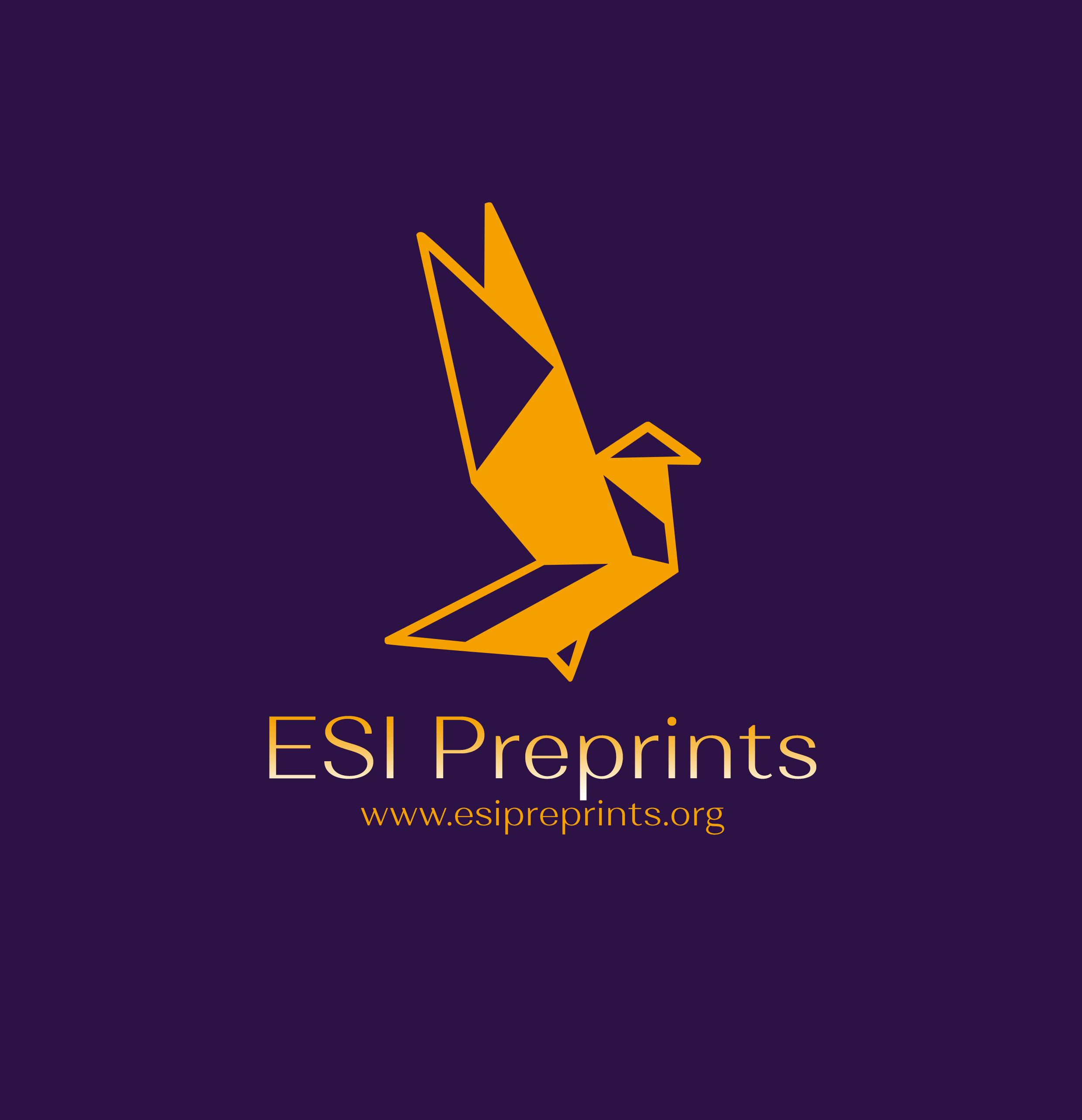The Role of Islamic Work Ethics as a Mediator in the Relationship between Human Capital and Public Services Performance
Abstract
Ethics are the basis for achieving individual, group and societal happiness. This research paper studies the role of Islamic work ethics as a mediating variable in the relationship between human capital and public services performance in the public sector of Bahrain. The scarcity of previous studies in the field of Islamic work ethics as a mediating variable in the relationship between human capital and public services performance is the motivating factor of this study. A total of 640 questionnaires were distributed to the citizens in the four governorates of Bahrain, i.e., Southern, Muharraq, Northern and the Capital, using the systematic random sampling method, A five point Likert scale was used to measure all variables. A total of 384 questionnaires were returned of which 368 were usable questionnaires. The findings of this research paper show a significant and positive relationship between human capital and public services performance. Islamic work ethics, as the mediating variable, has a highly positive effect on the relationship between human capital and public services performance at 35%.
Downloads
References
2. Akinboade, O., Kinfack, E., & Mokwena, M. (2012). An analysis of citizen satisfaction with public service delivery in the Sedibeng district municipality of South Africa. International Journal of Social Economics, 39, 182-199.
3. Ali, A. J., & Al-Owaihan, A. (2008). Islamic work ethic: a critical review. Cross cultural management: An International Journal, 15(1), 5-19.
4. Ali, H., & Sharif Chaudhry, I. (2017). Effect of Human Capital on Organization Performance: An Analysis from Service Sector of Punjab, Pakistan. European Online Journal of Natural and Social Sciences, 6(3), 475- 481.
5. Bahrain Open Data Portal (2016). Bahrain in Figures 2016, the total number of Bahraini people. Retrieved from http://www.data.gov.bh/.
6. Baron, R. M., & Kenny, D. A. (1986). The moderator–mediator variable distinction in social psychological research: Conceptual, strategic, and statistical considerations. Journal of Personality and Social Psychology, 51(6), 1173.
7. Broadbent, J., & Guthrie, J. (2008). Public sector to public services: 20 years of “contextual” accounting research. Accounting, Auditing & Accountability Journal, 21(2), 129-169.
8. Hair, J. F., Black, W. C., Babin, B. J., & Anderson, R. E. (2010). Multivariate Data Analysis: A Global Perspective. (7th Ed, p. 800). Pearson Prentice Hall, USA.
9. Handler, H., Koebel, B., Reiss, P., & Schratzenstaller, M. (2005). The size and performance of public sector activities in Europe (No. 246). WIFO working papers.
10. Hulten, C. R. (2017). The importance of education and skill development for economic growth in the information era (No. w24141). National Bureau of Economic Research.
11. Johnston, R. & Clark, G.(2001). Service Operations Management. Prentice-Hall, Harlow, United Kingdom.
12. Krejcie, R. V., & Morgan, D. W. (1970). Determining sample size for research activities. Educpsychol meas.
13. Kumar, N., & Che Rose, R. (2012). The impact of knowledge sharing and Islamic work ethic on innovation capability. Cross Cultural Management: An International Journal, 19(2), 142-165.
14. Latib, M. F. A., Abdullah, M. S., Othman, M. Z., & Mat, N. K. N. (2013). Islamic spirituality and peers influence as antecedents of ethical intention of public servants: A structural equation modelling (SEM) approach. Human Resource Management Research, 3(1), 39-42.
15. Lin, L. S., Huang, I. C., Du, P. L., & Lin, T. F. (2012). Human capital disclosure and organizational performance: The moderating effects of knowledge intensity and organizational size. Management Decision, 50(10), 1790-1799.
16. Mahmood, K., & Azhar, S. M. (2015). Impact of human capital on organizational performance a case of security forces. Pakistan Journal of Science, 67(1), 102-108.
17. Manes Rossi, F., Citro, F., & Bisogno, M. (2016). Intellectual capital in action: evidence from Italian local governments. Journal of Intellectual Capital, 17(4), 696-713.
18. Meszek, W. (2015). Measurement of human capital in the specificity of a construction enterprise. Procedia Engineering, 122, 213-219.
19. Michael,O,O&Zaid,A,A (2014). An empirical analysis of human capital development and organizational performance in banking sector: A Nigerian experience. International Journal of Economics, Commerce and Management, 2(7), 1-15.
20. Murray, S., & Peyrefitte, J. (2007). Knowledge type and communication media choice in the knowledge transfer process. Journal of Management Issues, 19(1), 111-133.
21. Rizk, R. (2008). Back to basics: an Islamic perspective on business and work ethics. Social Responsibility Journal, 4(1/2), 246-254.
22. Schiuma, G., Lerro, A., & Sanitate, D. (2008). The intellectual capital dimensions of Ducati's turnaround: exploring knowledge assets grounding a change management program. International Journal of Innovation Management, 12(02), 161-193.
23. Schutjens, V. A., & Wever, E. (2000). Determinants of new firm success. Papers in Regional Science, 79(2), 135-153.
24. Seleim, A., & Khalil, O. (2011). Understanding the knowledge management-intellectual capital relationship: a two-way analysis. Journal of Intellectual Capital, 12(4), 586-614.
25. Subramaniam, M., & Youndt, M. (2005). The influence of intellectual capital on the types of innovative capabilities. Academy of Management Journal, 48(3), 450-463.
Copyright (c) 2023 Ebrahim Farhan Mubarak Busenan

This work is licensed under a Creative Commons Attribution-NonCommercial-NoDerivatives 4.0 International License.








